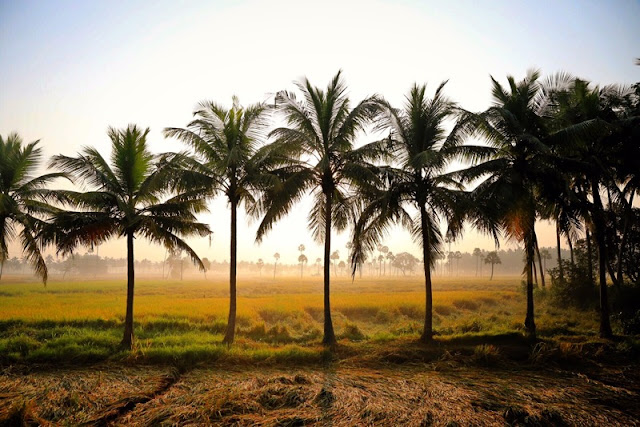I don't know how to read palms, but I'm learning to read hands. I'm learning to study the wrinkles of skin, the colors on a finger, the hands that are so worn that it's a wonder a fingerprint still exists underneath. I'm learning to study hands but not in a medical way. In a way that tells stories; stories about time, stories about life, stories about love. There are so many stories that hands could tell about a person's life: the first time they held their mother's hand, the first time they broke a fall, the time they took a test, the time they picked up a first paycheck. The time they consoled a friend, the times they clapped with happiness, the time they were sweaty from being around a crush, the time they brought a love closer. The time they cooked a meal for a spouse, the first time they held a baby, the time they held your grandmother's arm while she walked, the time they wiped away tears. And the time and time after that. All of the times they turned towards God, open-faced and vulnerable. Hands are the most tangible interface to life, they become our livelihood, the way we connect with people and how we manifest emotion. How can they not be beautiful?
During my brief visit, I asked some people if I could photograph their hands to which I was almost always met with a puzzled look. But I got to hear some beautiful stories about lives in India that I would have otherwise never had a chance to encounter. Older women told me stories about how they married, how they built lives with their husbands and how much they struggled to raise their children, and some that are still struggling. Many of them spoke with a lightness of heart that I found endearingly captivating, never letting any one thing bother them for too long. They told me about how much India had changed, but they also spoke about how much harder young people make life for themselves. These women had an awareness of the cultural change that has been occurring over the last several decades that you can't read from any history book. They told me that while they had different hardships than people do now, they also had a simpler life, a simpler happiness. Many of them held my hands when we spoke, an universal act of love and respect. Younger girls were often shy as magnolias, but left me with at least a smile and if I was lucky, a hug. A young boy told me about his daily ride to school, who he is friends with, and how sometimes his teacher beats him for not doing homework, how he'd like to go see America.
There is much to be said about what some of these stories say about the fabric of India: the poverty that still exists, the scarcity of resources, the vast need for change in political infrastructure. But, there are many articles and authors more qualified to discuss those issues. If ever you find yourself in India, and I really hope that you do, I hope you'll meet some people to tell you stories about their lives. Beyond the endless beauty of the physical spaces in India, there is the infinite beauty of the people. Starting with the lines in their hands.












Very much enjoyed your post, a very refreshing perspective. And I love your pics! Hope residency is starting off great!
ReplyDelete- Qasim